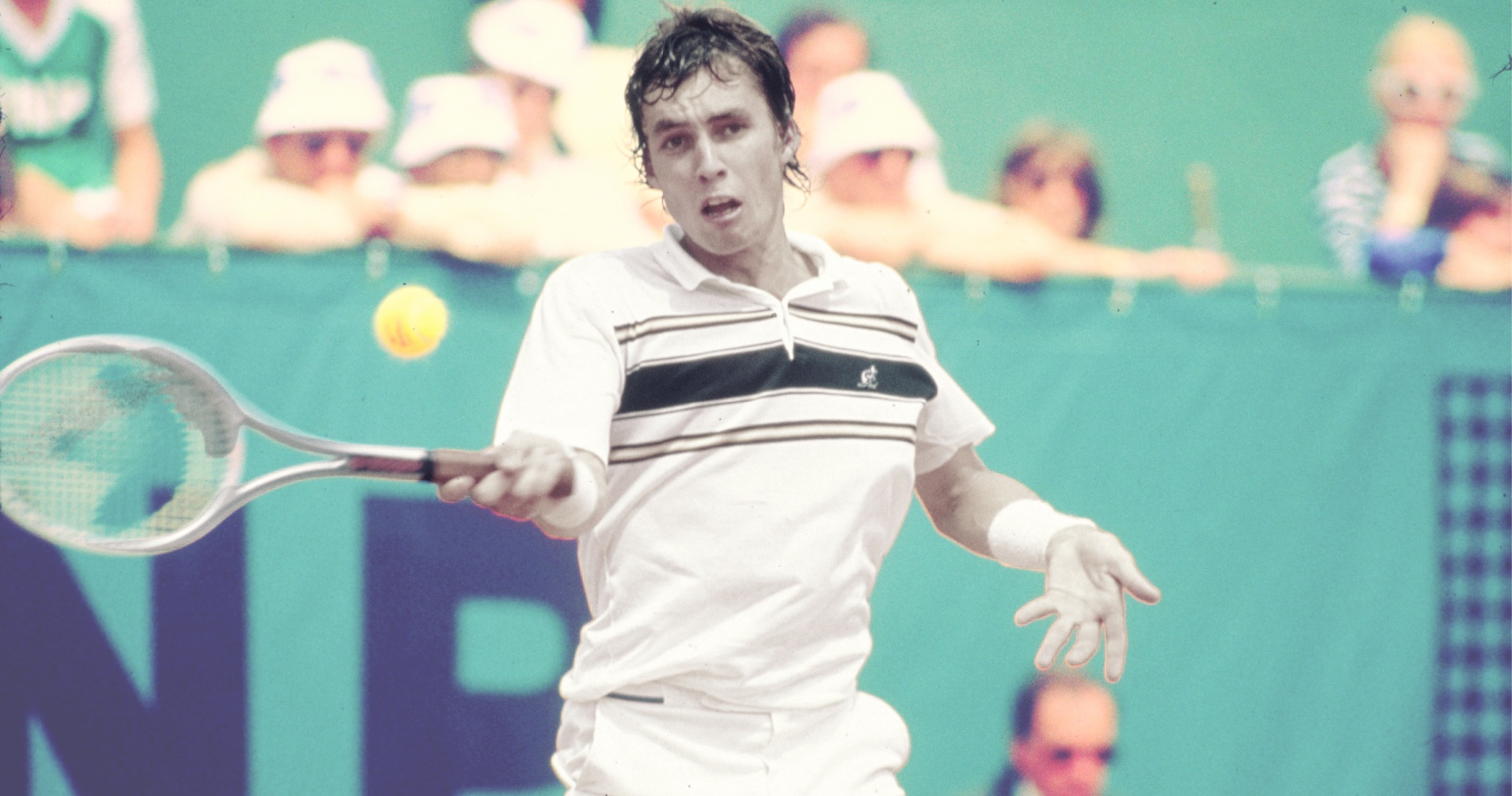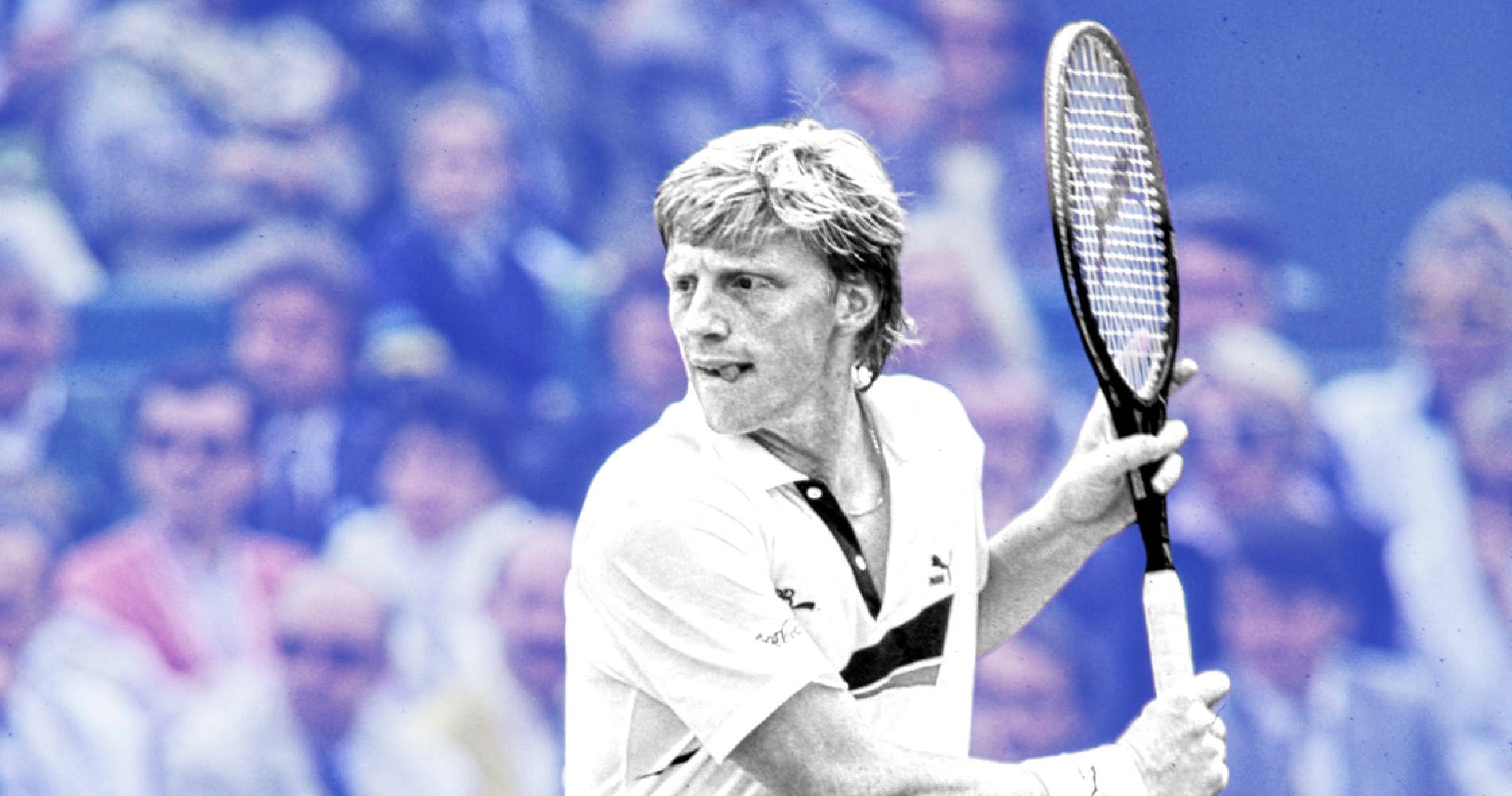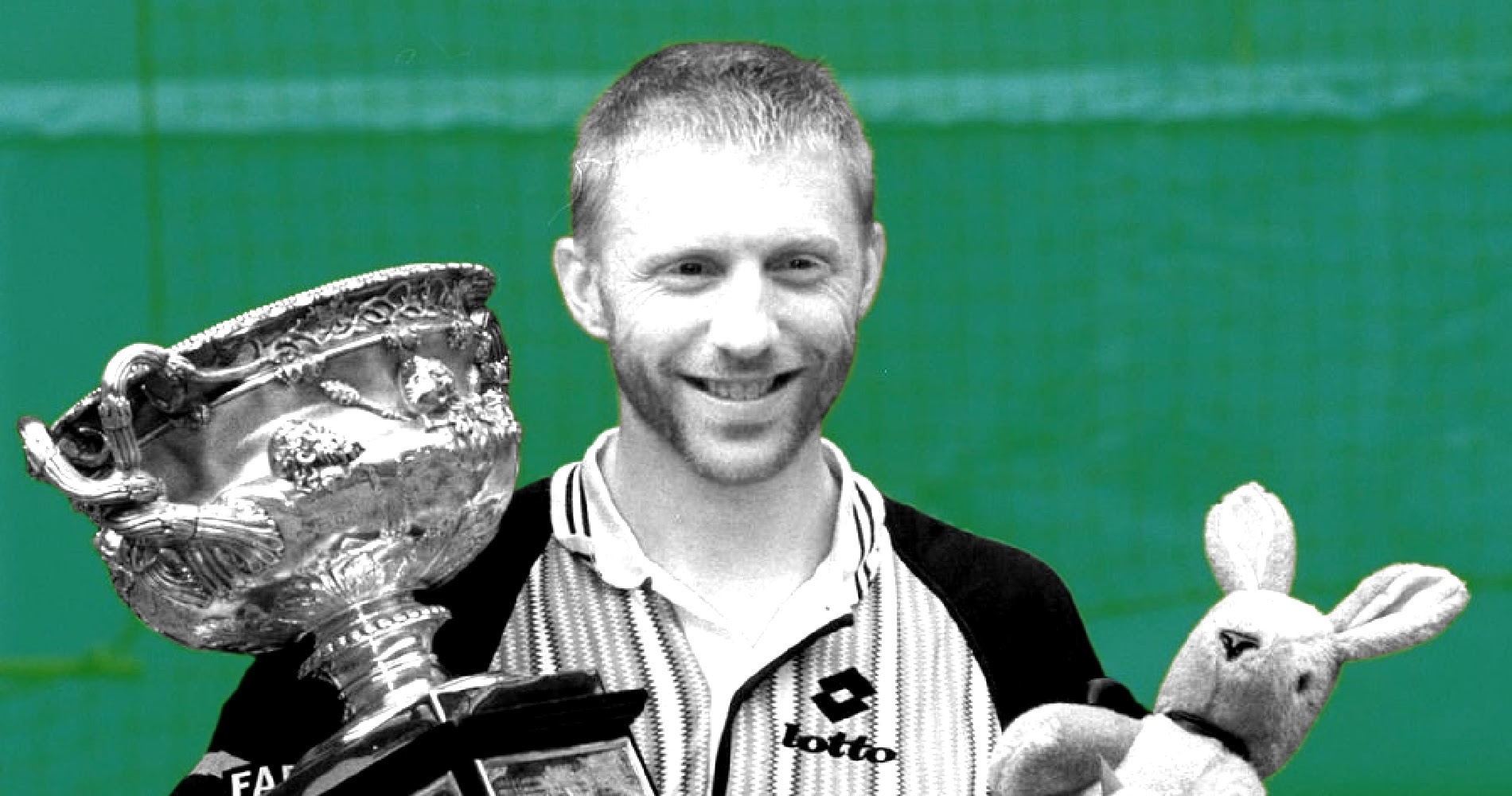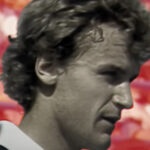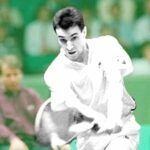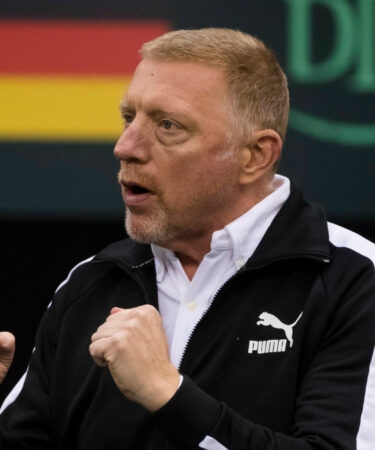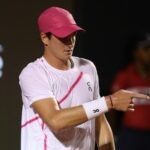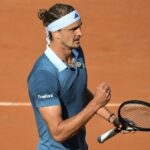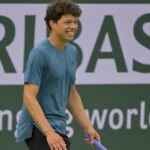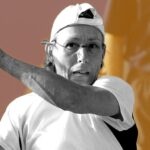December 17, 1989: The day Becker won Germany its second consecutive Davis Cup
Every day, Tennis Majors takes you back to one of the most iconic moments in history. On December 17, 1989, Boris Becker won all three matches to lead Germany to its second consecutive Davis Cup tit
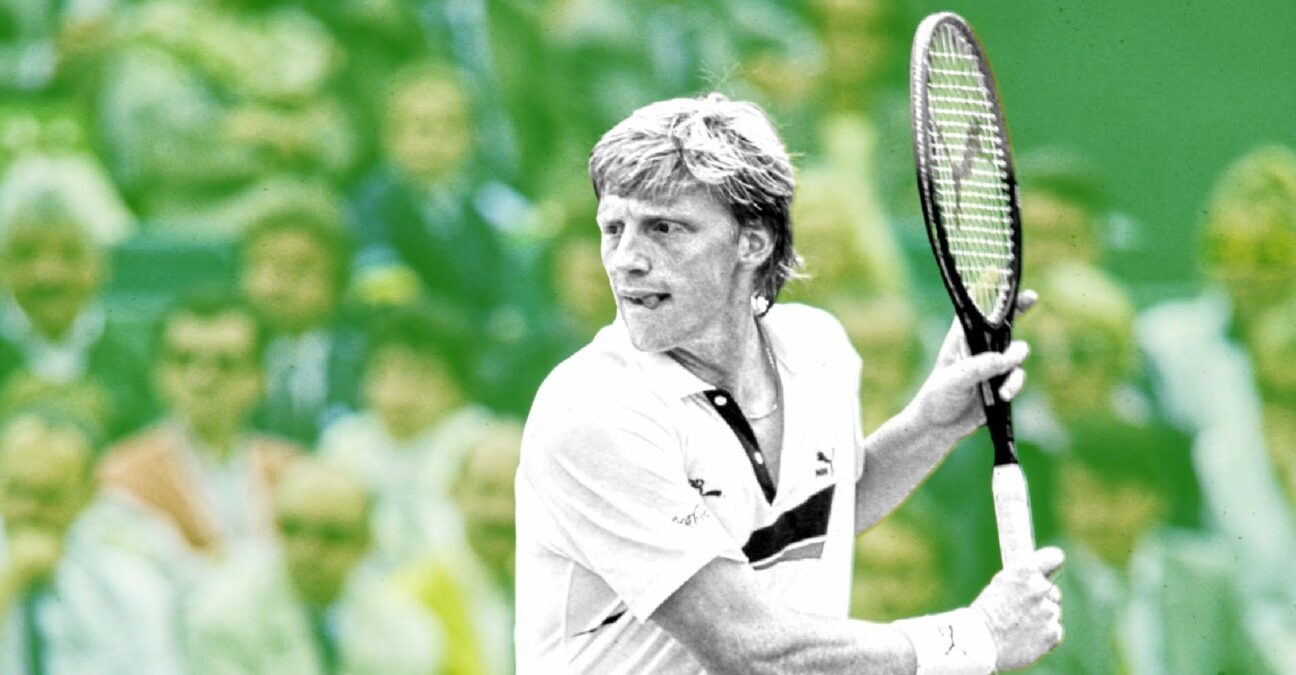 Becker OTD 12_17
Becker OTD 12_17
What happened exactly on that day?
On this day, December 17, 1989, a few weeks after the fall of the Berlin Wall, Boris Becker crushed Mats Wilander (6-2, 6-0, 6-2) in the Davis Cup final to give Germany their second consecutive title. The German, playing the best tennis of his life, had already dismissed Stefan Edberg (6-2, 6-2, 6-4) on the first day and won the doubles on Saturday, partnering Eric Jelen. With this victory, Becker put the cherry on top of an outstanding year, having already triumphed at Wimbledon and at the US Open.
The players: Boris Becker and Mats Wilander
- Boris Becker: three-time Wimbledon champion from Germany having an incredible year
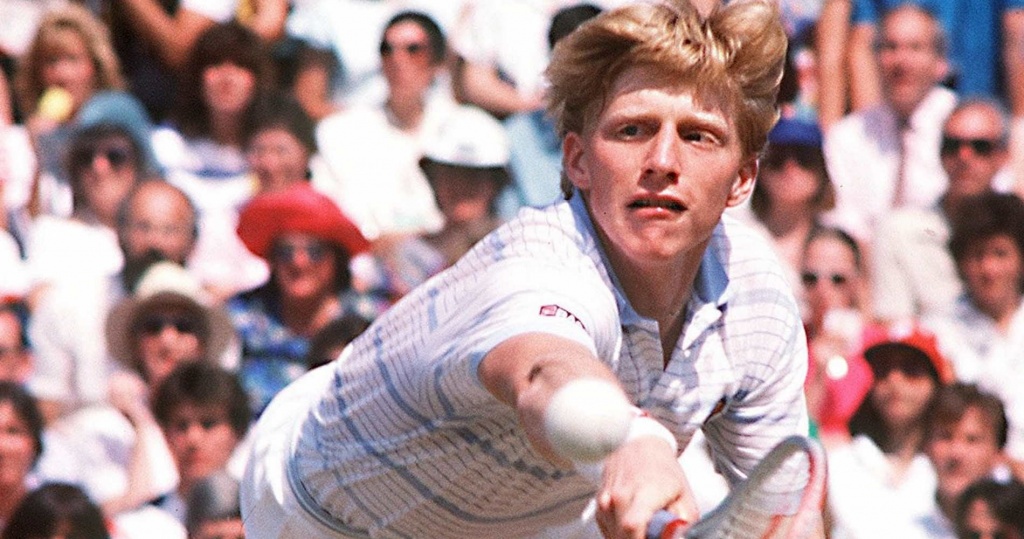
Boris Becker was born in 1967. In 1985, the German became the youngest ever Wimbledon champion at the age of 17, edging Kevin Curren in the final (6-3, 6-7, 7-6, 6-4). His powerful serve, which he often followed to the net, earned him the nickname “Boom Boom”. He was famous for his spectacular diving volleys, as well as for his dramatic play and emotional outbursts. With his great power, Becker successfully defended his Wimbledon crown in 1986, defeating world No 1 Ivan Lendl in the final (6-4, 6-3, 7-5). The young German then went through a difficult 1987 season, overwhelmed by his stardom and all the expectations around him, even before he had become 20 years old.
Becker was back on track in 1988, reaching the final at Wimbledon (defeated by his new grass-court rival, Edberg, 4-6, 7-6, 6-4, 6-2), leading the German team to clinch their first Davis Cup, and clinching the title at the Masters (edging Lendl in the final, 5-7, 7-6, 3-6, 6-2, 7-6). In 1989, he was probably playing the best tennis of his life: after reaching the semi-final at Roland-Garros, which was his best result in Paris, he reclaimed the title at Wimbledon, giving no chance for Edberg in the final (6-0, 7-6, 6-4), and in September, he triumphed at the US Open for the first time, defeating Lendl in the final (7-6, 1-6, 6-3, 7-6). Although he was ranked No 2 in the world, he was named Player of the Year by the ATP.
- Mats Wilander: seven-time Grand Slam champ from Sweden having a lousy year
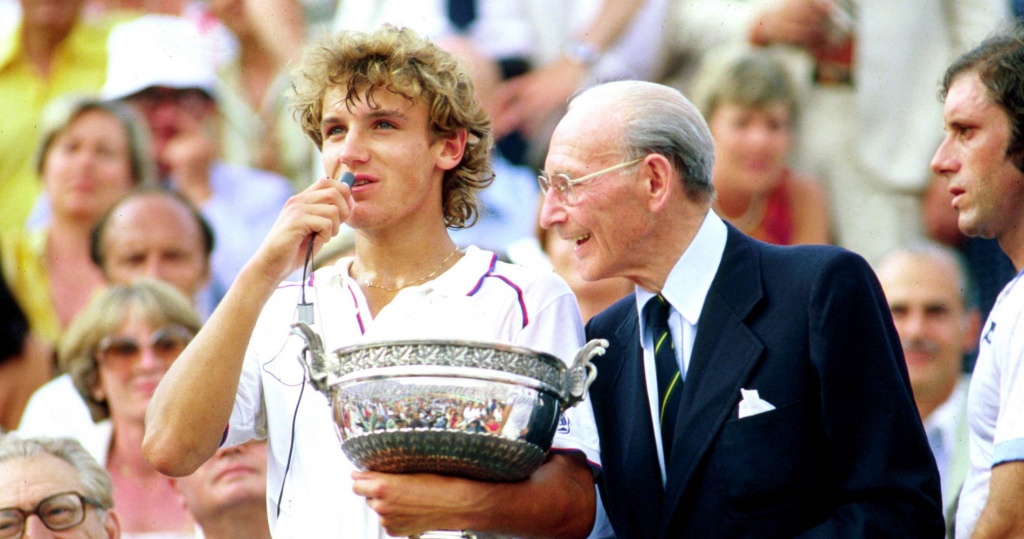
Mats Wilander, born in 1964, had been very successful at a particularly young age. In 1982, aged only 17 years and 10 months, he became the youngest player ever to lift a Grand Slam trophy, beating clay court legend Guillermo Vilas in the final (1-6, 7-6, 6-0, 6-4). He had also made himself famous for a memorable act of sportsmanship earlier in the tournament. In the semi-final against Jose-Luis Clerc, on his first match point, he reversed a call that would have sealed his victory after the umpire had already announced “game, set and match”. In 1982, in a Davis Cup quarter-final, he also played the longest match of the Open Era, losing after six hours and 22 minutes of play to John McEnroe (9-7, 6-2, 15-17, 3-6, 8-6).
Runner-up to Frenchman Yannick Noah at Roland-Garros in 1983 (6-2, 7-5, 7-6), he claimed a second Grand Slam title a few months later, defeating Ivan Lendl (6-1, 6-4, 6-4) to triumph on the Australian grass, to everyone’s surprise, as his game style was more suited to clay courts. In 1984, he successfully defended his title in Melbourne (defeating Kevin Curren in the final, 6-7, 6-4, 7-6, 6-2), and in 1985, he added a second Roland-Garros trophy to his list of achievements (beating Lendl in the final, 3-6, 6-4, 6-2, 6-2). Wilander also led the Swedish team to their first ever Davis Cup title, in 1984, a feat they repeated in 1985 and 1987. 1988 was undoubtedly Wilander’s peak year: after claiming three out of the four Grand Slam titles, he reached world No 1 on September 12. In 1989, the Swede had “a lousy year” (as per his own words), and, without any remarkable Grand Slam performance, he was ranked only No 12 at the end of the year.
The place: Davis Cup final, Stuttgart, Germany
After the 1988 final between Sweden and West Germany had been held in Gothenburg, the 1989 final between the same teams was held in Stuttgart, at the Schleyer-Halle, an indoor venue with a capacity of 15,000 spectators.
The facts: Becker wins three matches during the Davis Cup final
In the second half of 1989, Boris Becker was at the top of his game. Awarded “Player of the Year” by the ATP, he had won the two last Grand Slams of the year and led West Germany to the Davis Cup final for the second time in a row. To defend their title, the Germans had to beat Sweden, which they had already done in 1988. A few weeks after the fall of the Berlin Wall, the results of the national team were closely watched by the entire country.
12 months earlier, the final had started with Carl-Uwe Steeb upsetting world No 1 Wilander to everyone’s surprise. This time, the same two players opened the tie, but with a different outcome. Although Wilander had had a rough year and had dropped out of the top 10, he was able to prevail against the German left-hander, albeit in a five-set battle (5-7, 7-6, 6-7, 6-2, 6-3). Was it going to put more pressure on Becker’s shoulders, especially considering the fact that his opponent, Stefan Edberg, had beaten him just a few weeks before at the Masters Cup? If Becker felt any extra pressure, he turned it into motivation. Playing flawless tennis, serving and returning close to perfection, he destroyed his Swedish rival in less than two hours, 6-2, 6-2, 6-4.
“I don’t think I can play any better,” Becker said, according to The Los Angeles Times. “I played great tennis against a very good opponent.” Then he added: “The doubles will be a very important match.”
If anyone still doubted his ability to perform when stakes were high, Becker convinced them the following day. Carrying his partner Eric Jelen on his shoulders, he clinched the doubles point after a five-set thriller against Anders Jarryd and Jan Gunarsson (7-6, 6-4, 3-6, 6-7, 6-4).
Having already scored two points in this tie, Becker now needed to beat Wilander to win the final almost single-handedly. Once again, the German was equal to the task. In an hour and 45 minutes, he crushed the Wilander, blanking him in the second set, which hadn’t happened to the Swede in a Davis Cup match since 1981. Brimming with confidence, Becker lost only four games to win 6-2, 6-0, 6-2 and give Germany their second Davis Cup title.
“This is the best someone’s ever played against me,” Wilander said, quoted by The Washington Post. “I tried to rally with him in the beginning, but everything he hit turned out to be winners. He hits so hard.”
“I never dreamed I’d play so well in the final,” Becker said. “Today I played the best match of my life.”
During this final, “Boom Boom” had dealt with pressure, playing the best tennis of his life in front of his home crowd, against some of the best players in the world, and he had triumphed in the end. He was definitely the best player in the world at the time.
According to his captain Niki Pilic, Becker’s level this weekend was “almost unthinkable. I never saw anyone play that kind of tennis for three days in such an important match. I played Davis Cup myself for 20 years and I’ve watched tennis for 30 years, and I’m not saying this because Boris is my No 1 player.”
What next? Becker reclaims No 1 ranking; Wilander fades
In 1990, Boris Becker would be defeated by Stefan Edberg for the second time in the Wimbledon final (6-2, 6-2, 3-6, 3-6, 6-4), and he would see his rival reach the world No 1 spot before him. However, on January 28, 1991, the German would become world No 1 after his first triumph at the Australian Open (defeating Lendl in the final, 1-6, 6-4, 6-4, 6-4).
Although he had declared that 1989 was a lousy year and that 1990 would be different, after reaching the semi-finals at the Australian Open (lost to Edberg, 6-1, 6-1, 6-2), Wilander would continue declining. He would never return to the top 10, nor reach the quarter-final round at a Grand Slam again.
